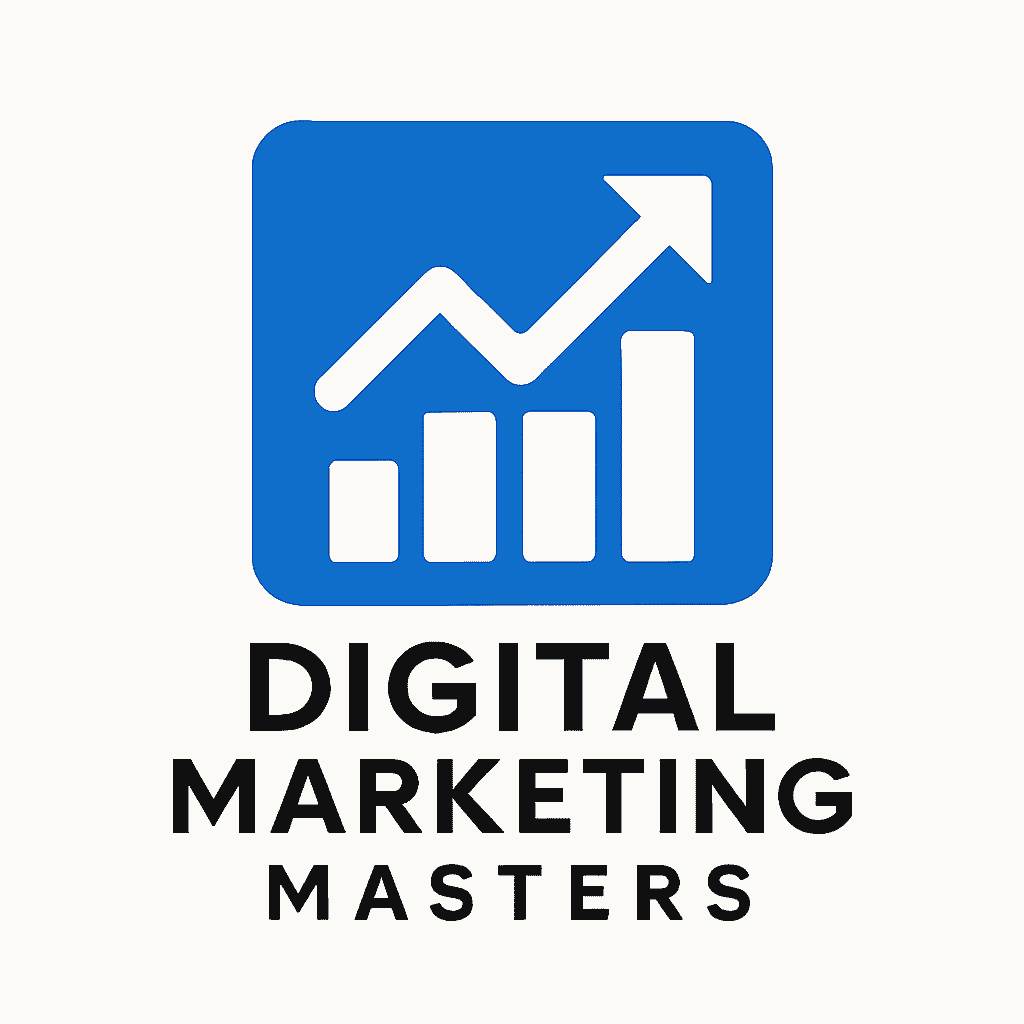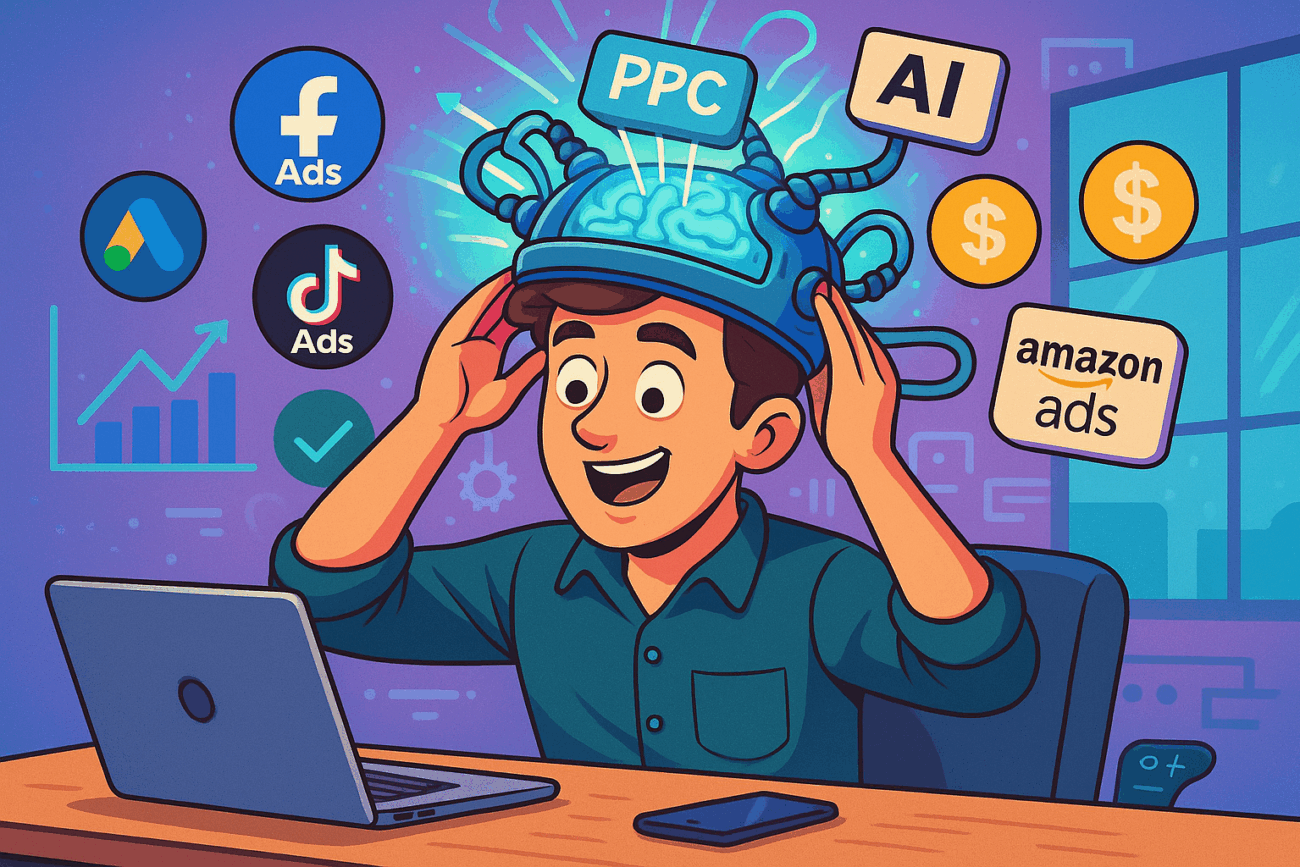Technology is moving faster than your favorite app’s latest update. One minute, you’re learning cloud storage. The next, you’re wondering if an AI just wrote your company’s newsletter and applied for your job.
So what tech skills will actually matter in 2026?
If you’re in development, design, marketing, or management, this list will help you stay sharp and future-proof. No fluff. No hype. Just the skills that employers will still be hiring for when the next big shift hits.
In the center of it all is artificial intelligence. Not just the kind that generates poems or logos, but deeply embedded AI systems that support everything from customer service to product recommendations to fraud detection. By 2026, prompt engineering will not just be a novelty. It will be as common as writing an email. Understanding how to work with AI tools, guide their output, and fine-tune their behavior will be a core part of many jobs. This applies not only to engineers but also to marketers, …
Closely connected is data. If AI is the engine, data is the fuel. And that means data skills, especially data engineering and analytics, are going to be in high demand. Knowing how to clean, move, and visualize data will give professionals an edge in nearly every role. SQL and Python will still be relevant. More importantly, the ability to interpret data and explain insights to non-technical teammates will be invaluable.
As companies continue to digitize operations, protect customer privacy, and adopt cloud-native systems, cybersecurity and cloud infrastructure will be just as important as ever. The more software we rely on, the more opportunities exist for it to break, get hacked, or simply go wrong. That is why roles in cybersecurity, particularly those tied to automation, cloud systems, and zero-trust frameworks, will keep growing. On the infrastructure side, cloud-native architecture, Kubernetes, and infrastructu…
But not everything will require deep backend knowledge. In fact, one of the biggest shifts happening right now is the rise of low-code and no-code platforms. By 2026, it will not be unusual for operations teams, marketers, or founders to launch full-featured workflows using tools like Webflow, Zapier, Airtable, and Make. These platforms are making it easier than ever to test ideas, automate repetitive tasks, and launch MVPs without a full dev team. Tech professionals who can straddle both traditional…
Then there is the human experience. Despite all the automation and machine learning, user experience still makes or breaks products. The demand for talented UX and UI designers, particularly those who can work with AI-generated design systems or build interfaces for AR, VR, and voice, will continue to rise. Figma, accessibility standards, UX writing, and iterative design skills will be essential, especially in product-first environments.
Supporting all of this are the DevOps and platform engineers who keep everything running. These folks are the quiet heroes behind the scenes, ensuring your app does not crash during a viral moment or on Black Friday. As software systems become more complex and distributed, skills like CI/CD pipeline management, observability, and GitOps will be even more critical.
But what is a tech stack without someone leading the way? Product management in 2026 will look different than it did even a few years ago. The best PMs will need to speak tech, think customer, and move fast. They will be guiding AI-infused roadmaps, balancing feedback loops, and helping cross-functional teams build smarter, not just faster.
And yes, despite all the memes, Web3 and blockchain tech are still alive. While the hype may have quieted, real innovation is happening behind the scenes in identity management, decentralized infrastructure, and smart contracts. Developers with a handle on Solidity, Rust, or privacy-focused architecture will find opportunities in niche but well-funded corners of the ecosystem.
If you’re in digital marketing, do not get too comfortable either. AI is rewriting the playbook. Campaigns are becoming more automated, more data-driven, and more personalized than ever. Knowing how to use tools like Meta’s Advantage Plus, build personalized flows using first-party data, or prompt AI to generate creative copy will set great marketers apart from average ones.
Finally, none of these hard skills mean much without soft skills. The ability to communicate clearly, work across teams, manage time effectively, and adapt to change is not going out of style. If anything, the rise of automation will make these qualities even more important. It is not just about what you can build. It is about how you lead, explain, and connect with the people using what you have built.
How to Future-Proof Yourself
Start by picking one area and going deep. Maybe it is data analytics, AI tools, or product management. Then, layer in related skills that make you more adaptable. Play with new platforms. Test things in public. Write about what you are learning. Tinker with tools before your job depends on them.
Because the truth is, no one can predict exactly what the tech world will look like in 2026. But one thing is certain. The professionals who stay curious, flexible, and hungry to learn will be the ones shaping it.

